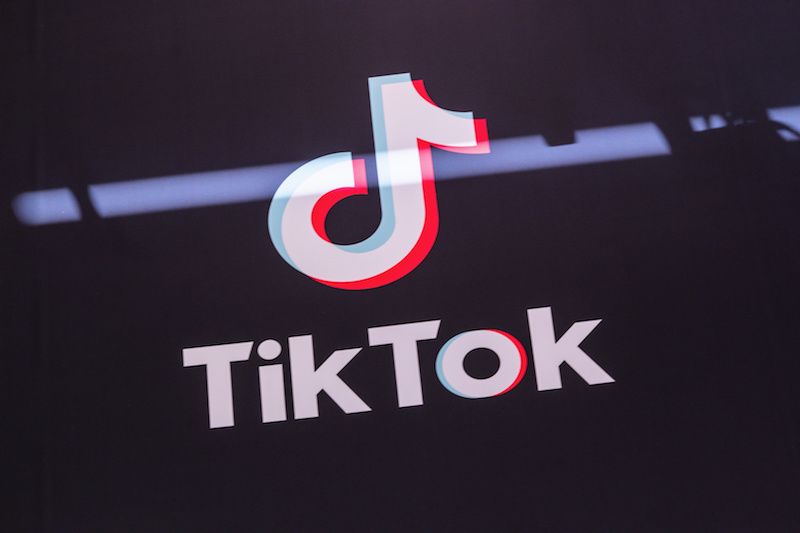
With backlash swelling around TikTok’s relationship with China, the United States Army this week announced that U.S. soldiers can no longer have the social media app on government-owned phones.
TikTok, a social media app used to create and share short form videos, is owned by Beijing-based parent company ByteDance. Despite its popularity with users and celebrities – the app touts over 1.3 billion installs worldwide – several incidents over the past year have caused privacy experts to question how data from TikTok is being collected, used and whether it is being censored by China’s government.
On Monday, the U.S. Army, which previously used TikTok as a recruiting tool for reaching younger users, announced it is issuing a ban on the app, according to Military.com, a website that provides news regarding military members and veterans.
The U.S. Army’s ban of TikTok comes after a similar ban was issued by the U.S. Navy earlier this year. The ban follows guidance issued Dec. 16 by the U.S. Department of Defense, which identifies TikTok as having potential security risks associated with its use, a U.S. Army spokesperson told Threatpost.
“The message directs appropriate action for employees to take in order to safeguard their personal information,” the U.S. Army spokesperson said in an email. “The guidance is to be wary of applications you download, monitor your phones for unusual and unsolicited texts etc., and delete them immediately and uninstall TikTok to circumvent any exposure of personal information.”
In a separate but related incident this week, TikTok released its first-ever transparency report, showing data access requests from various countries – but China was notably absent.
Statistics from the report revealed the top information requests came from India (107 requests) the United States (79), Japan (35), Germany (12) and France (8) among other countries. Another chart showed that top requests for content removal came from countries like India (11), United States (6) and Japan (3).
Privacy experts were quick to note China’s complete absence from both lists on Twitter, with some saying it’s “unsurprising” given TikTok has allegedly previously censored content on China’s behalf.
Don’t need a takedown request when you have root? https://t.co/ZtX5R06slS
— daveaitel (@daveaitel) January 2, 2020
Not surprising. Why would there need to be requests for user data or takedowns when Tik Tok is preemptively blocking content China would deem objectionable? https://t.co/4nddvF1SAb
— John S. Wilson (@JohnWilson) January 2, 2020
When reached for comment, a TikTok spokesperson told Threatpost that the transparency report “only included countries in the report where we’d received a request; the TikTok app does not operate in China and did not receive any requests from China, which is why it’s not included.”
TikTok parent ByteDance already has a reported cozy relationship with China’s government (ByteDance has strategic partnerships in place with Communist Party of China-supported ventures in Beijing and Shanghai).
But TikTok’s relationship with China came to the forefront after a September report found that popular hashtags related to the Hong Kong protests, which have been utilized on Twitter and Instagram, such as #HongKongProtesters and #HongKongProtests are barely existent on TikTok.
The report caused the U.S. to ramp up criticism on TikTok, with the Committee on Foreign Investment in the United States in November launching an investigation into how the platform stores personal data.
“It is critical to be cautious when using mobile apps that have access to sensitive data on your mobile device such as TikTok,” Joseph Carson, chief security scientist at Thycotic, said in an email to Threatpost. “It is like having a camera in your home that broadcasts your life (and data) to the mobile app company without any strong laws protecting abuse of that data.”